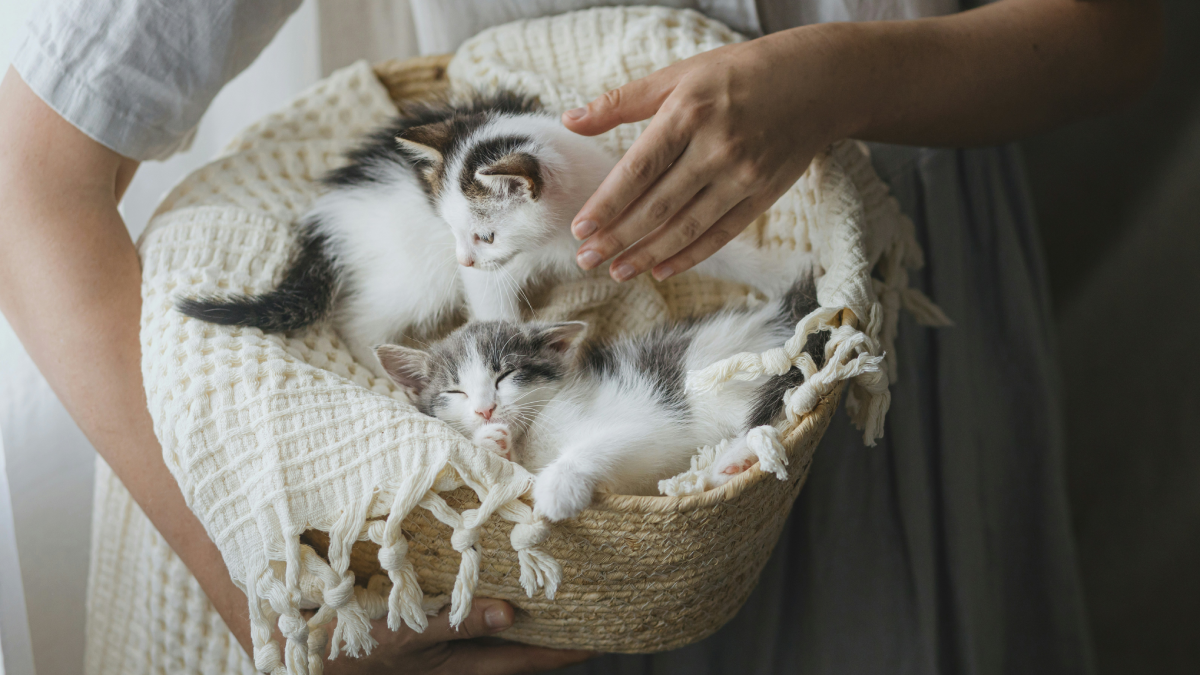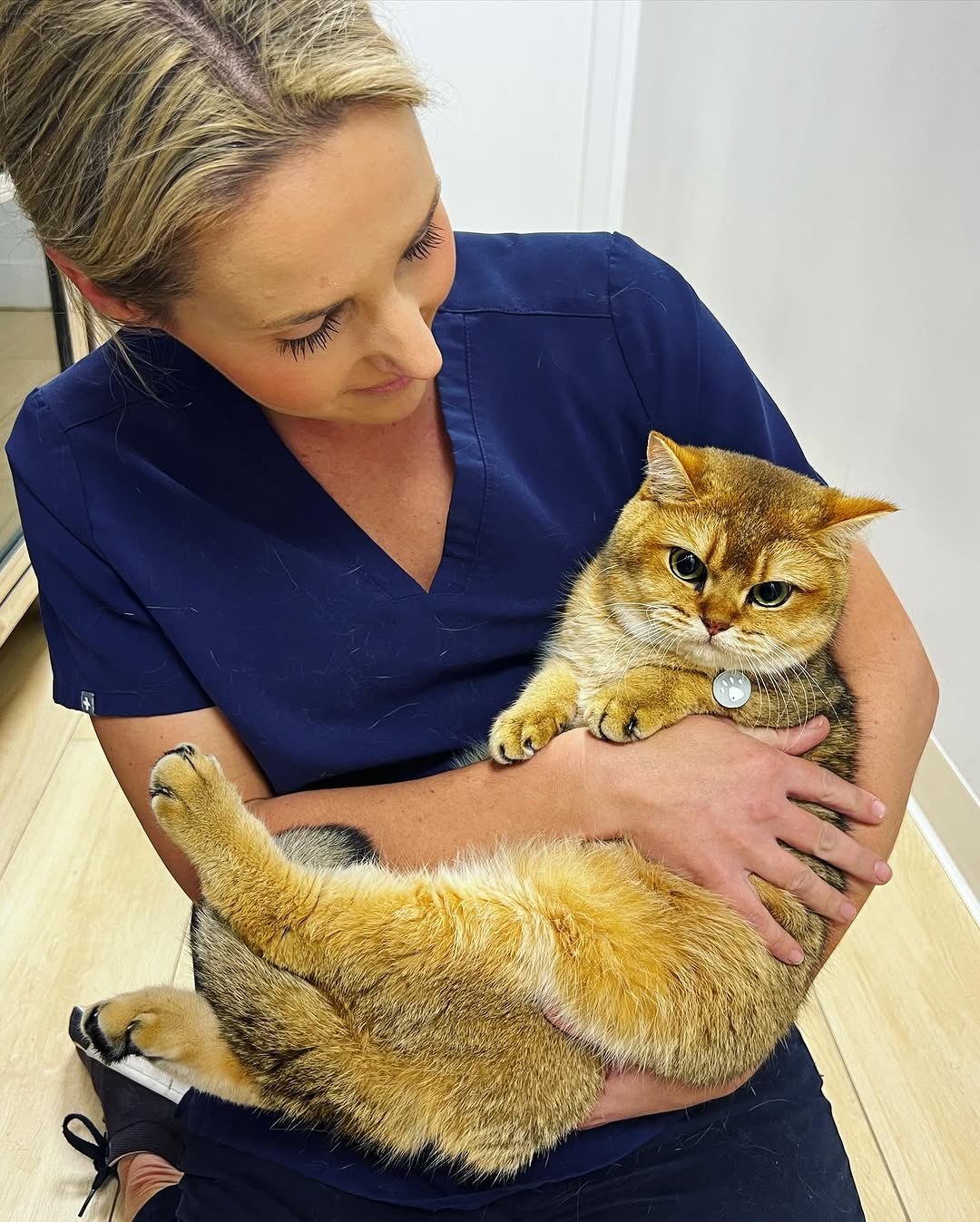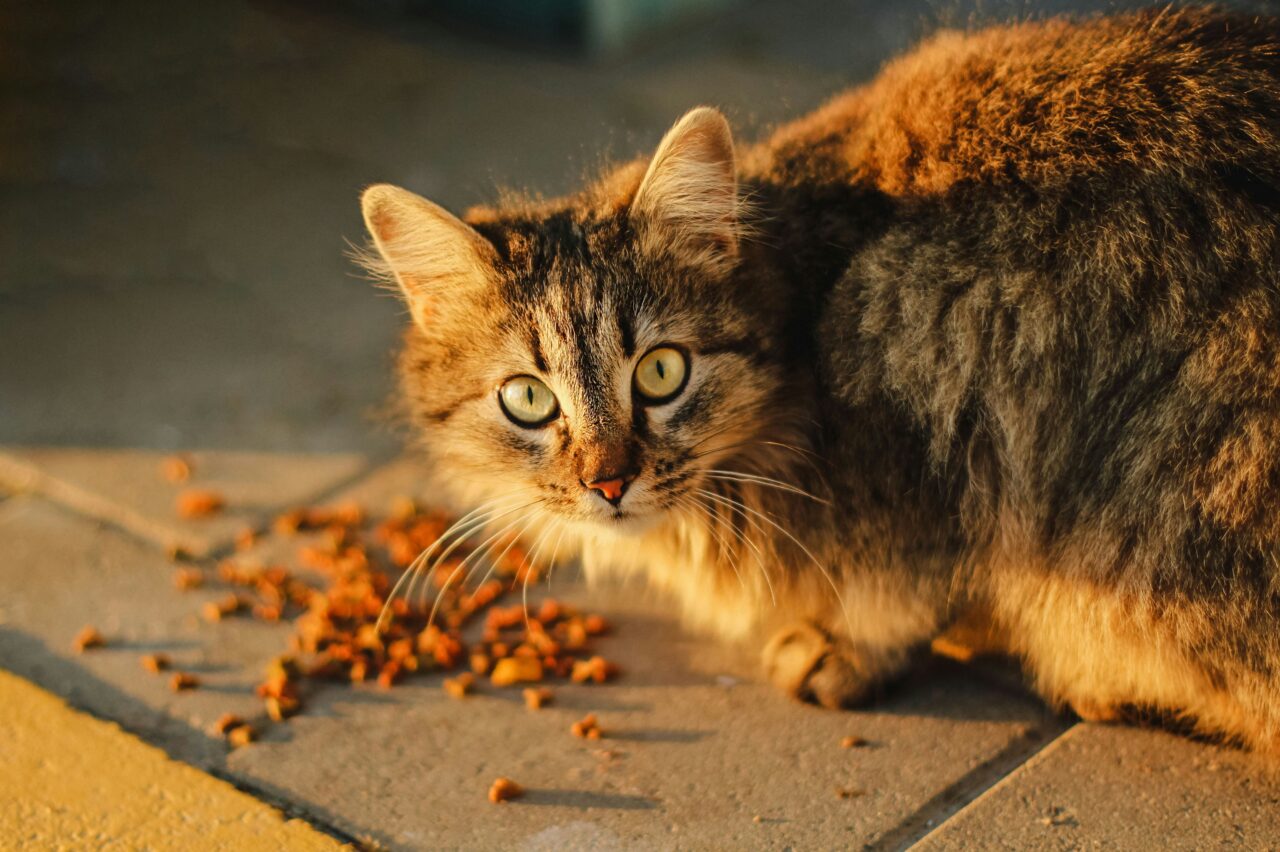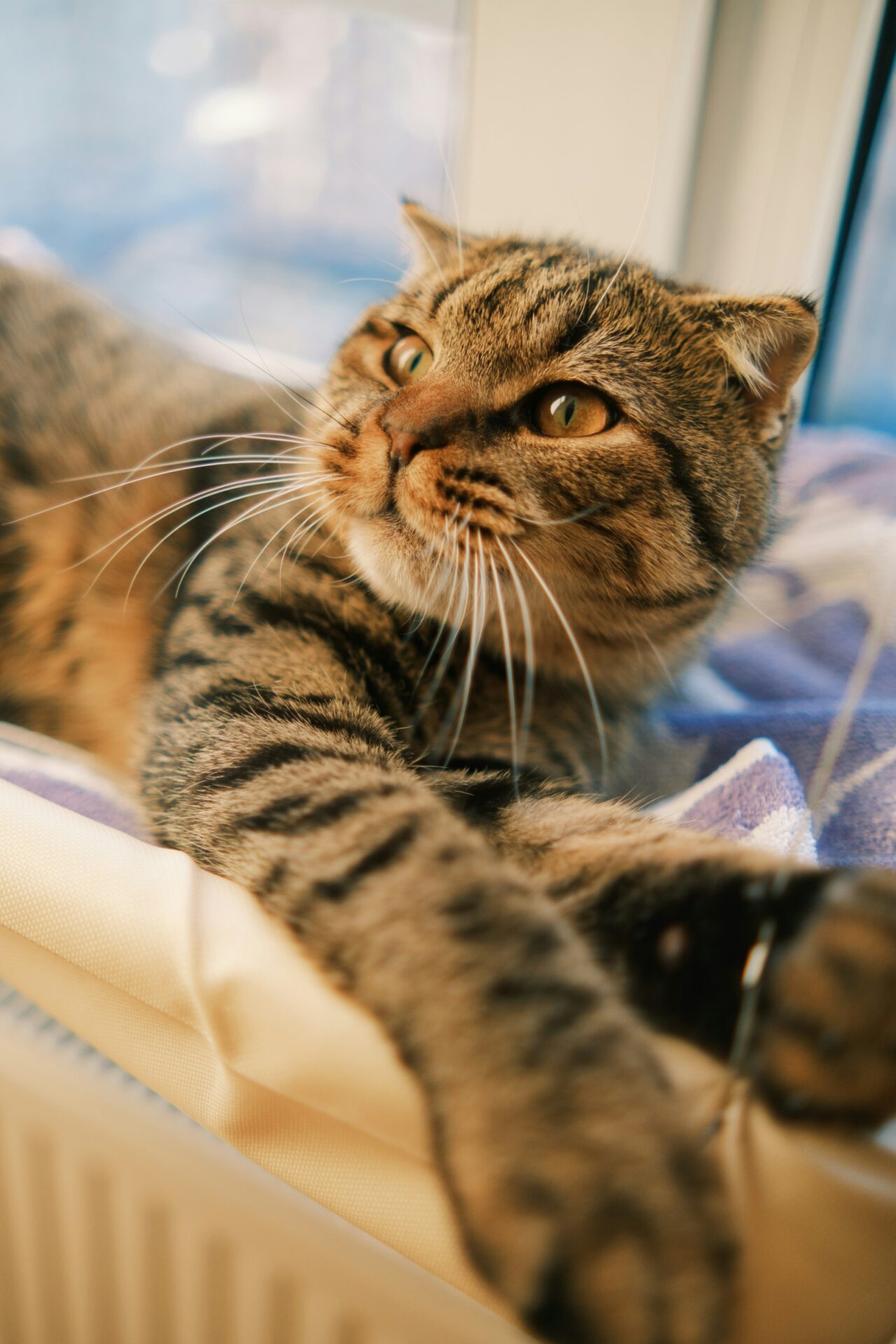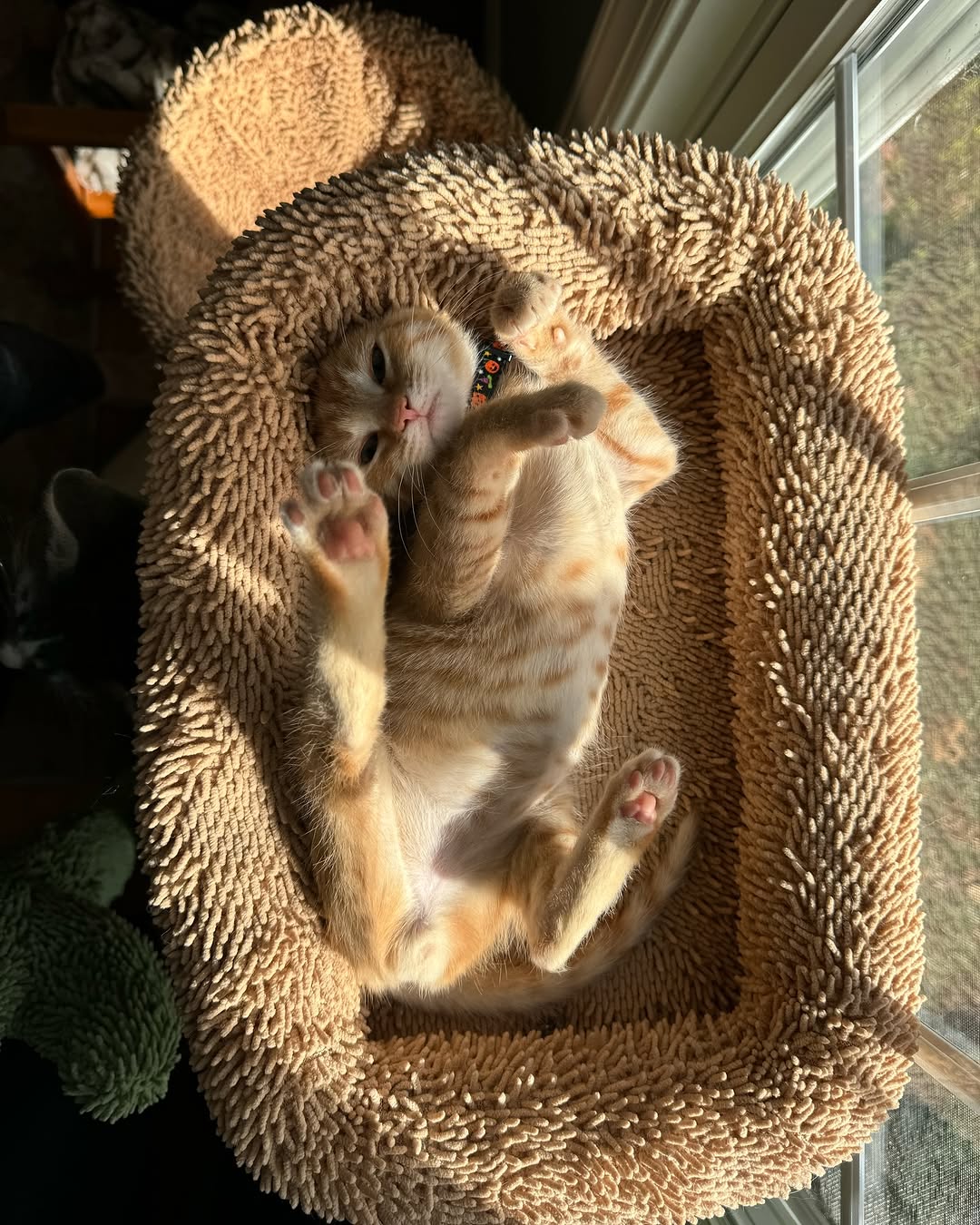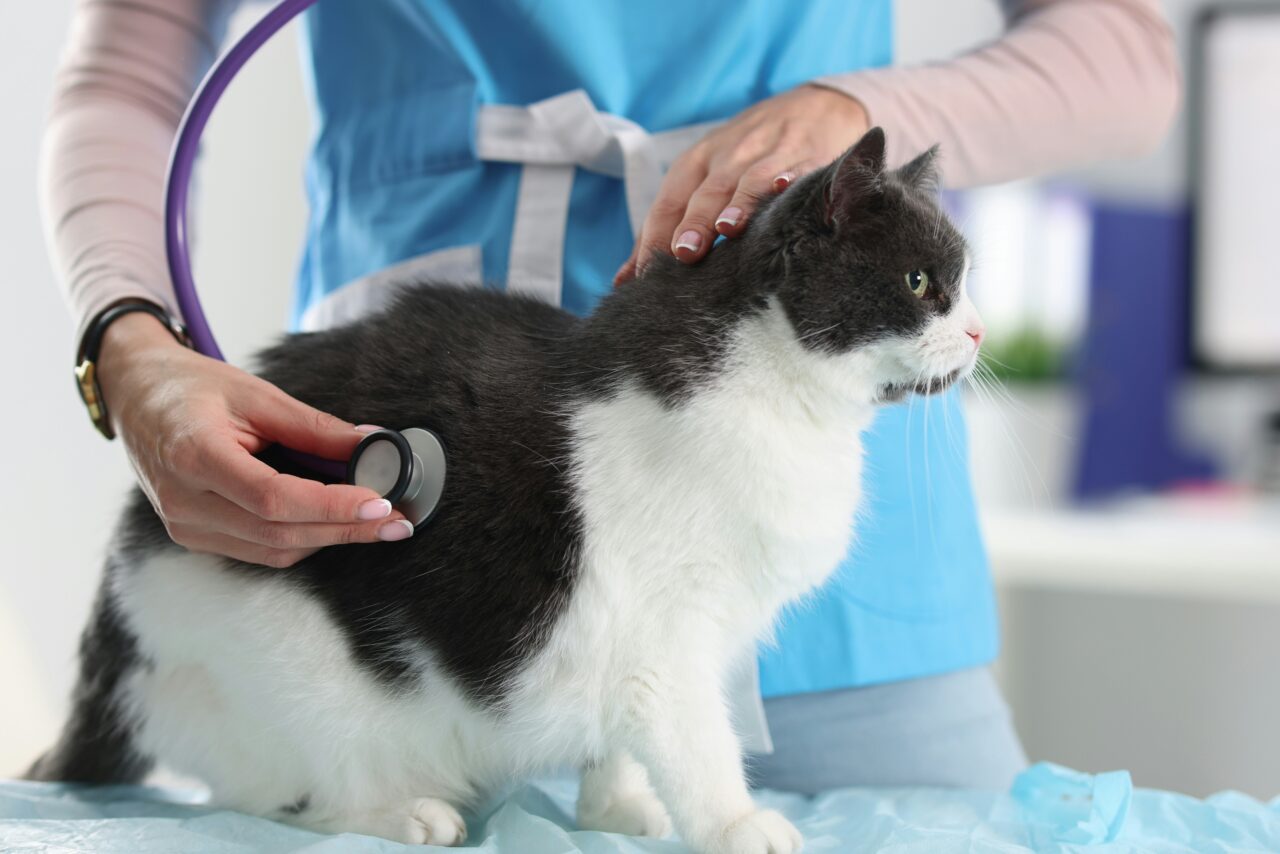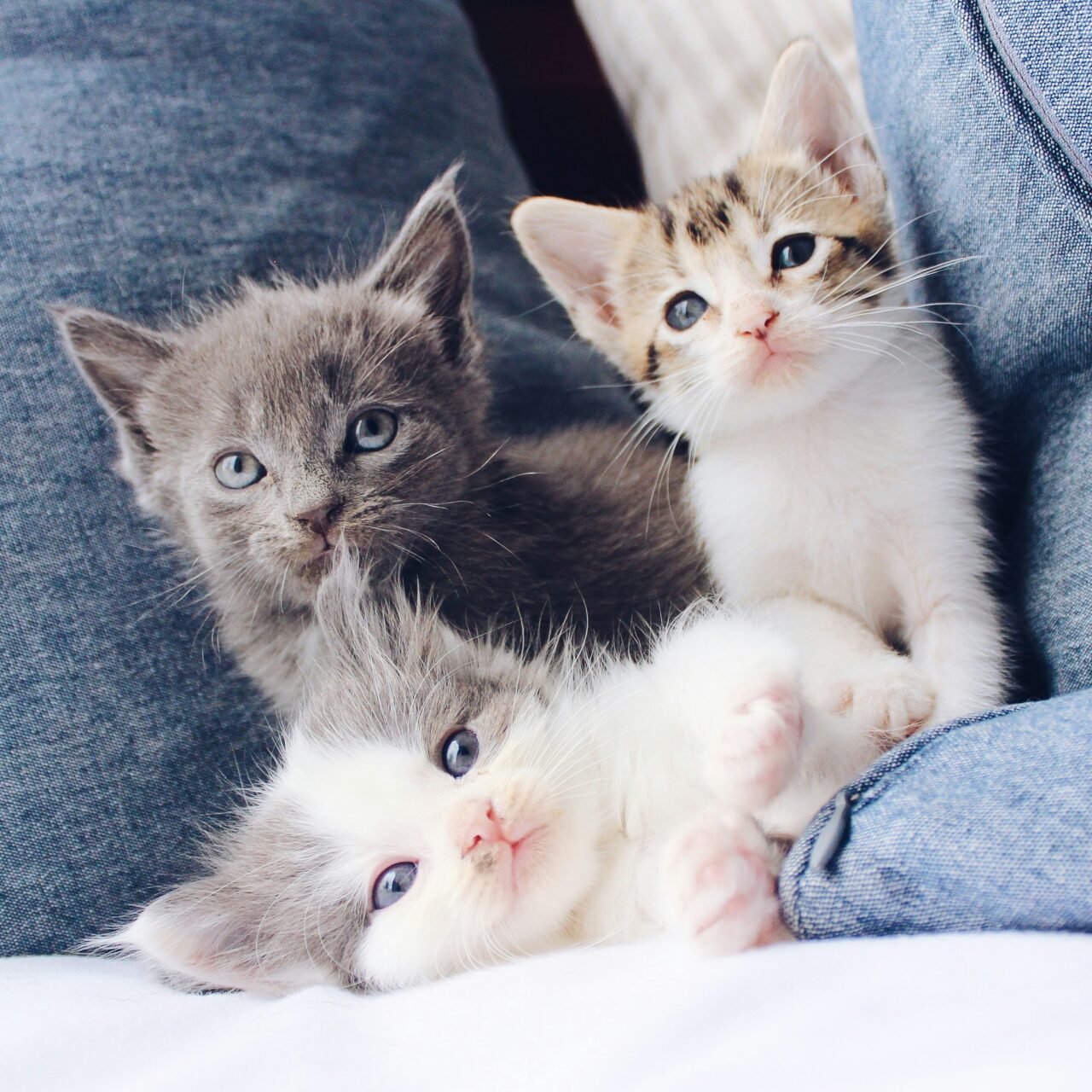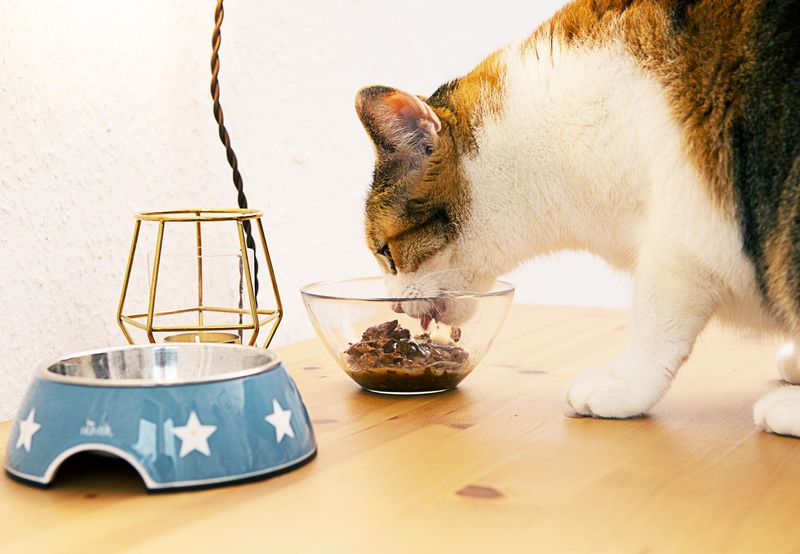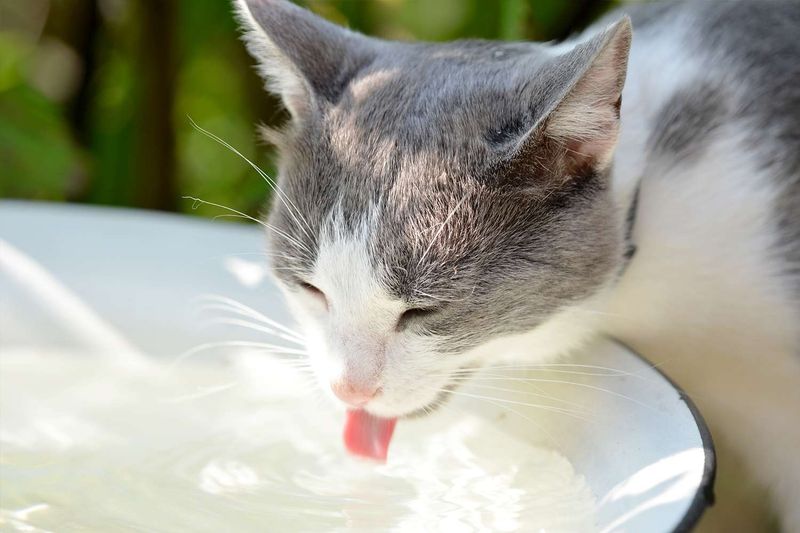📖 Table of Content:
- 1. Confirm the Pregnancy with a Vet Visit
- 2. Provide a Nutrient-Rich Diet
- 3. Create a Comfortable Nesting Area
- 4. Monitor Her Behavior and Health Closely
- 5. Avoid Stress and Provide Plenty of Comfort
- 6. Keep Her Indoors for Safety
- 7. Maintain Proper Hygiene
- 8. Understand the Stages of Pregnancy
- 9. Be Prepared for the Delivery
- 10. Schedule Post-Birth Care
- 11. Offer Frequent, Small Meals
- 12. Keep Her Hydrated with Fresh Water
A pregnant cat, often called a “queen,” requires special care and attention to ensure a healthy pregnancy and the safe arrival of her kittens. This journey is as exciting as it is delicate, with your feline friend relying on you to meet her changing needs.
During pregnancy, your cat will go through physical and behavioral changes that might surprise you. Her appetite may increase, her energy levels may fluctuate, and she’ll likely seek out quiet, cozy spaces to prepare for her kittens.
Whether you’re a first-time cat owner or an experienced pet parent, understanding how to care for a pregnant cat is essential to making her journey smooth and stress-free. From nutrition to nesting, these tips will guide you through every step of her pregnancy, ensuring that she has everything she needs for a successful and joyful experience.
1. Confirm the Pregnancy with a Vet Visit
If you suspect your cat is pregnant, the first step is to confirm her condition with a veterinarian. A professional examination can verify pregnancy and provide an estimated due date. The vet will also check for any potential complications and offer advice specific to your cat’s health and needs.
This visit is an opportunity to discuss vaccinations, parasite prevention, and dietary changes. Regular check-ups throughout her pregnancy are essential for monitoring her health and ensuring everything is progressing smoothly.
2. Provide a Nutrient-Rich Diet
A pregnant cat’s nutritional needs increase as her body works to support her kittens. Switch her to a high-quality kitten food packed with the extra calories, protein, and nutrients she requires. Offer small, frequent meals to accommodate her growing appetite and changing energy levels.
Always ensure fresh water is available, as hydration is just as important during pregnancy. Avoid giving her supplements or medications unless prescribed by your vet, as these can sometimes do more harm than good.
3. Create a Comfortable Nesting Area
As her due date approaches, your cat will instinctively seek a quiet, cozy space to give birth. You can help by setting up a nesting box in a secluded area of your home. Use soft blankets or towels to line the box, making it warm and inviting for her and her kittens.
Place the nesting area in a spot that is free from drafts, noise, and interruptions from other pets or children. Introduce her to the space early so she feels comfortable and secure when the time comes.
4. Monitor Her Behavior and Health Closely
Pregnancy can bring some noticeable changes in your cat’s behavior and physical condition. She may become more affectionate or, conversely, prefer solitude. Keep an eye on her energy levels, appetite, and weight gain, as these are indicators of her overall health.
If you notice any concerning symptoms, such as lethargy, vomiting, or unusual discharge, contact your veterinarian immediately. Early intervention can prevent complications and ensure her pregnancy stays on track.
5. Avoid Stress and Provide Plenty of Comfort
Pregnant cats are more sensitive to their surroundings, so it’s important to minimize stress in their environment. Avoid loud noises, sudden changes, or introducing new pets during this time. Offer her a calm and consistent routine, with plenty of opportunities for rest.
Spending quality time with her, such as gentle petting or quiet companionship, can help reassure her. A stress-free environment is crucial for her mental and physical well-being during pregnancy.
6. Keep Her Indoors for Safety
During pregnancy, it’s essential to keep your cat indoors to protect her from potential dangers. Outdoor cats face risks such as predators, accidents, or exposure to diseases that could harm her or her kittens.
Supervising her environment ensures she stays safe and avoids unnecessary stress. If your cat is used to outdoor adventures, provide indoor enrichment, such as toys and climbing structures, to keep her entertained.
7. Maintain Proper Hygiene
Good hygiene is essential for your pregnant cat’s health. Keep her bedding and nesting area clean, as a sanitary environment helps prevent infections. Groom her gently if she struggles to clean herself, especially as her belly grows.
If she allows it, check her fur and skin for signs of parasites like fleas or ticks. Speak with your vet about safe parasite prevention methods during pregnancy, as some products may not be suitable for expectant mothers.
8. Understand the Stages of Pregnancy
A cat’s pregnancy typically lasts around 63-65 days, and understanding the stages will help you care for her effectively.
In the early weeks, you may notice increased appetite and slight weight gain. By the mid-point, her belly will become more pronounced, and you might even feel the kittens moving. As the due date approaches, she’ll show nesting behaviors and may start grooming herself more frequently. Familiarizing yourself with these milestones ensures you’re prepared for any changes and can support her accordingly.
9. Be Prepared for the Delivery
As the big day approaches, ensure you have everything ready for the delivery. Stock up on clean towels, gloves, and a heating pad to keep the kittens warm. Keep your vet’s contact information handy in case complications arise during labor.
Most cats are capable of delivering their kittens without assistance, but it’s important to be nearby in case she needs help. Understanding the signs of labor, such as pacing, vocalizing, or licking, will help you know when it’s time to give her space and support.
10. Schedule Post-Birth Care
After her kittens are born, your cat will still need attentive care to recover and nourish her litter. Monitor her for signs of postpartum complications, such as fever, loss of appetite, or difficulty nursing. Keep her nesting area clean and ensure she has plenty of food and water to replenish her energy.
Once the kittens are a few weeks old, discuss spaying with your vet to prevent future pregnancies. Proper post-birth care sets the stage for a healthy recovery and gives her kittens the best start in life.
11. Offer Frequent, Small Meals
Feeding your pregnant cat frequent, small meals can make a world of difference during this important time. Her increased nutritional needs require more calories and nutrients than usual. By offering her smaller portions throughout the day, you ensure she doesn’t become overwhelmed and can digest her food comfortably.
Picture her gently nibbling at her dish, her whiskers twitching in contentment. This approach also helps maintain her energy levels, keeping her active and engaged. Remember, a happy cat is a healthy cat, and feeding her this way promotes overall well-being. Don’t forget to monitor her weight closely!
12. Keep Her Hydrated with Fresh Water
Hydration is key to your pregnant cat’s health. Ensure she has constant access to fresh, clean water to drink. This is vital as her body supports the development of her kittens. Visualize her delicately lapping up the water, her thirst quenched with each sip.
Position her water bowl in a quiet spot, away from her litter box, ensuring she feels comfortable and relaxed. Hydration aids digestion and helps prevent urinary issues, keeping her journey smooth and problem-free. This simple step is essential for her health, proving that sometimes, the basics make the biggest difference.
